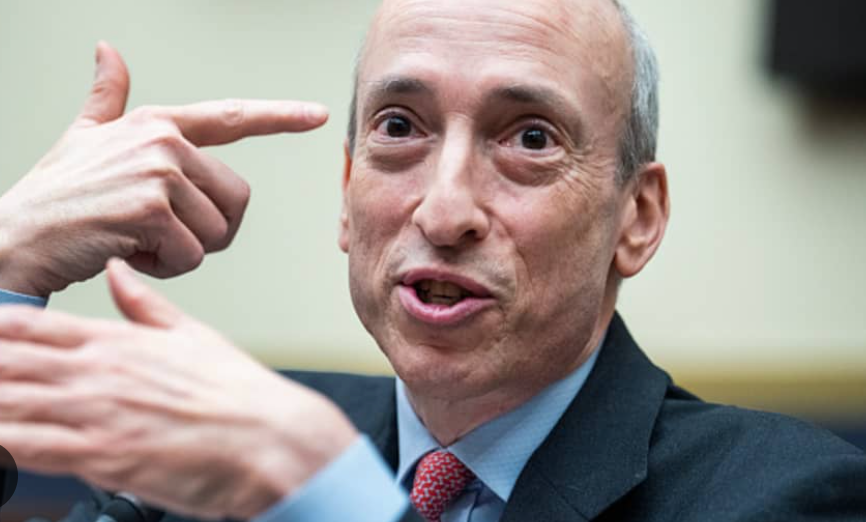#Ripple #SEC #Cryptocurrency #LegalBattle #XRP #Blockchain #FederalCourt #CryptoRegulation
On March 29, a notable event unfolded that caught the attention of many in the cryptocurrency world. Ripple’s senior executives, including CEO Brad Garlinghouse and Chief Legal Officer Stuart Alderoty, were spotted outside a federal courthouse in New York, immediately igniting speculation across social media platforms about the potential end of a long-standing legal feud with the U.S. Securities and Exchange Commission (SEC). This encounter fueled rumors and sparked discussions about a possible settlement between Ripple and the SEC, a battle that has been closely watched by investors, regulators, and participants in the crypto industry alike.
Photographs circulated on social media platform X, formerly known as Twitter, showing the Ripple executives outside the courthouse led to widespread speculation. However, caution was urged by legal experts who reminded the public that such meetings are often procedural and do not necessarily indicate an imminent settlement. Retired securities lawyer Marc Fagel was quick to point out that these pre-hearing settlement conferences are standard practice and part of the original scheduling, often resulting in no immediate resolution. Despite the frenzy on social media, the reality, as explained by Fagel, suggests that the odds of a settlement being reached during such conferences are slim. This skepticism was echoed by a Ripple spokesperson who mentioned to Fox Business reporter Eleanor Terrett that there was “nothing to share” regarding the outcome of the meeting.
The timing of these speculated settlement talks is intriguing, especially as Crypto Law reported that the SEC is pursuing a $2 billion fine against Ripple for allegedly distributing a significant amount of XRP in violation of federal securities laws. This move by the SEC is seen as an attempt not only to penalize Ripple but also to set a deterrent for the wider crypto industry against similar violations. In response, Ripple’s executives have openly criticized the SEC’s actions, with Alderoty condemning the regulator’s approach to the cryptocurrency industry as punitive and indicative of a larger systemic issue within the regulatory framework governing digital assets. These developments underscore the ongoing tension between regulatory bodies and the burgeoning crypto sector, highlighting the need for clearer regulatory guidelines and the impact of legal battles on the industry’s future.





